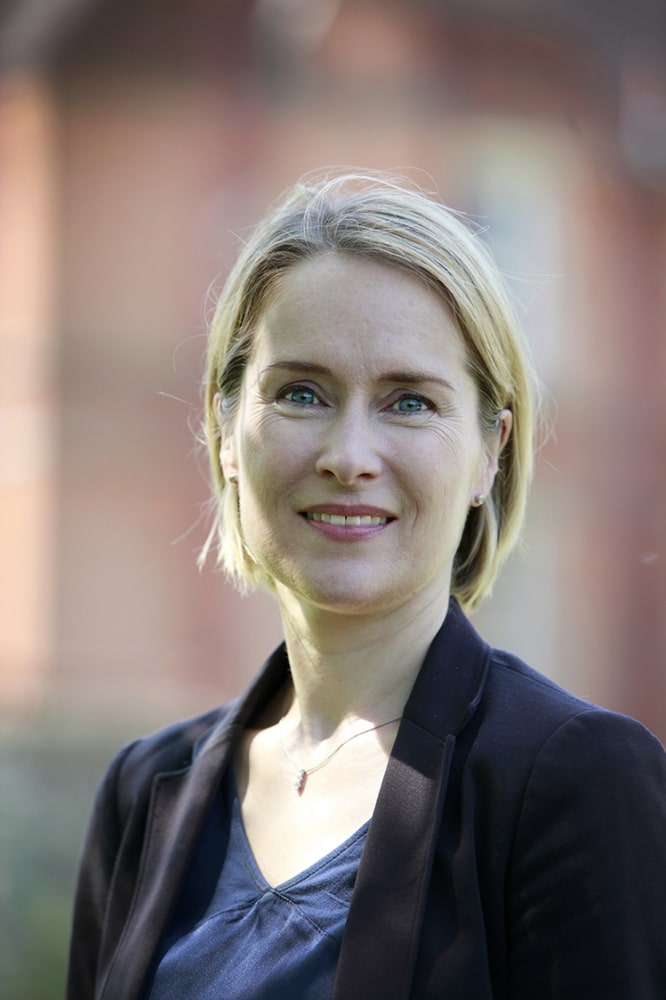As we curled up on our sofas over the festive season, the BBC’s adaptation of A Christmas Carol was a reminder that Dickens’ brilliance is never outdated. Its powerful warning chimes that fairness and equality are as vital as the air we breathe continue to ring true for 2020, without any whiff of woke-ness or political intent. With a cabinet reshuffle around the corner, this still adds up, particularly for the world of education.
After decades of exam reform, our system is narrowing down rather than broadening out, with traditional academic subjects squeezing the arts out of league tables despite evidence of their benefits. Exams are longer and tougher despite increased anxiety among young people.
Science tells us that there are many different forms of intelligence, yet young people are still examined, in the main, through reading and writing. We understand diverse educational needs better, but do not have funding in the maintained sector to deliver what is needed.
As tech dominates our workplaces and our world, we know that ‘soft’ skills and creativity are critical, but do not have classroom time to develop them because of increased testing. And so, on it runs: The gap between our education system and workplaces widens rather than closes. At what future cost?
Innovative employers open to the benefits of neurodiversity are introducing autism-friendly interviews and candidate selection without reference to exam results.
“Inclusion unlocks the potential of a diverse workforce,” states the World Economic Forum’s latest White Paper, HR4. Meanwhile, Forbes lists the top four skills most needed for the workplace, in order of importance, as creativity, emotional intelligence, analytical thinking and active learning with a growth mindset.
So, for the political landscape of 2020 we might, for argument’s sake, imagine Gavin Williamson (Education Secretary at the time of writing) as a fresh-faced young Scrooge, clean-cut in a navy suit and tie, nonetheless haunted by spirits…
The Ghost of Education Past wears a crown of the ‘Three Rs’ and glares at several dunces standing shamed in the corner. Its gleaming success is a font overflowing with knowledge, propped up by skills of rhetoric, grammar and fine diction. Nothing can stem its success, yet curiously it inhabits an almost exclusively male world. There is no place here for those with differences, as they have not been allowed to remain in the classroom.
The Ghost of Education Present appears different. It points its critical finger at classrooms worthy of, yet somehow lacking, in spirit: Well-meaning teachers, deathly tired, are Tied to the Test, even with their youngest children. On school stages girls clutch their GCSE examination certificates proudly, with smiles of relief at the corners of their mouths, while the boys hold their heads high in Maths and Physics, all set for higher salaries in their 40s. Some who are different succeed at school, but others do not, despite their very good minds; yet many eventually achieve great success in the world of work.
The Ghost of Education Yet to Come beholds a tragic vision. Universities are closing and the World of Work is turning its back on the culture of certificates. “What good?” employers cry, “What good is 9-to-1 when our world needs eco-systems, not work forces? We have AI! Collaboration, innovation, emotional intelligence – this is what we need, not memorised facts. Our world has changed, but regrettably, Education never did…”
So, as a new year government reshuffle looms large, perhaps Boris Johnson should consult Dickens and heed the spirits’ warnings in time to avert disaster. Whoever takes education forward in 2020 has the opportunity to herald change and allow the story to end a little more like this:
Scrooge was better than his word. He did it all, and infinitely more; and to the girls and boys, with all their differences, who finally found good employment, he was an excellent mentor.
Some people laughed to see the alteration in him, but he let them laugh, and little heeded them; for he saw happiness in classrooms, and teachers with contentment in their eyes, as their pupils were free to learn in many different ways and no longer Tied to the Test; and knowing that these pupils had their different ways, he thought it quite well that classrooms should be places of Character, and no longer Lands of Learning Objectives.
He had no further truck with spirits, but lived upon the Principle of Many Different Intelligences, ever afterwards; And it was always said of him that he knew how to keep Education well, if any man alive possessed the knowledge.
May that be truly said of us, and all of us!








